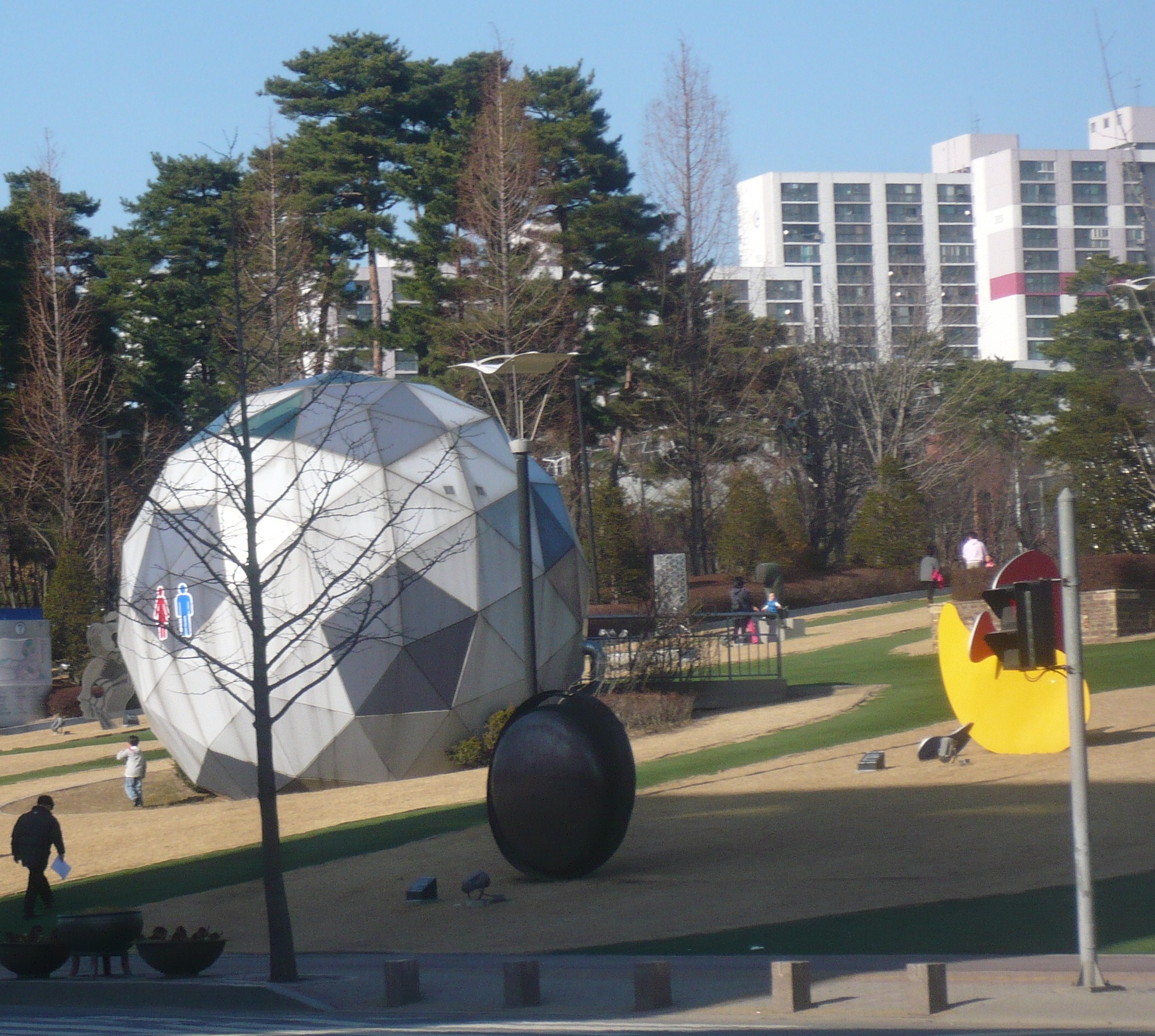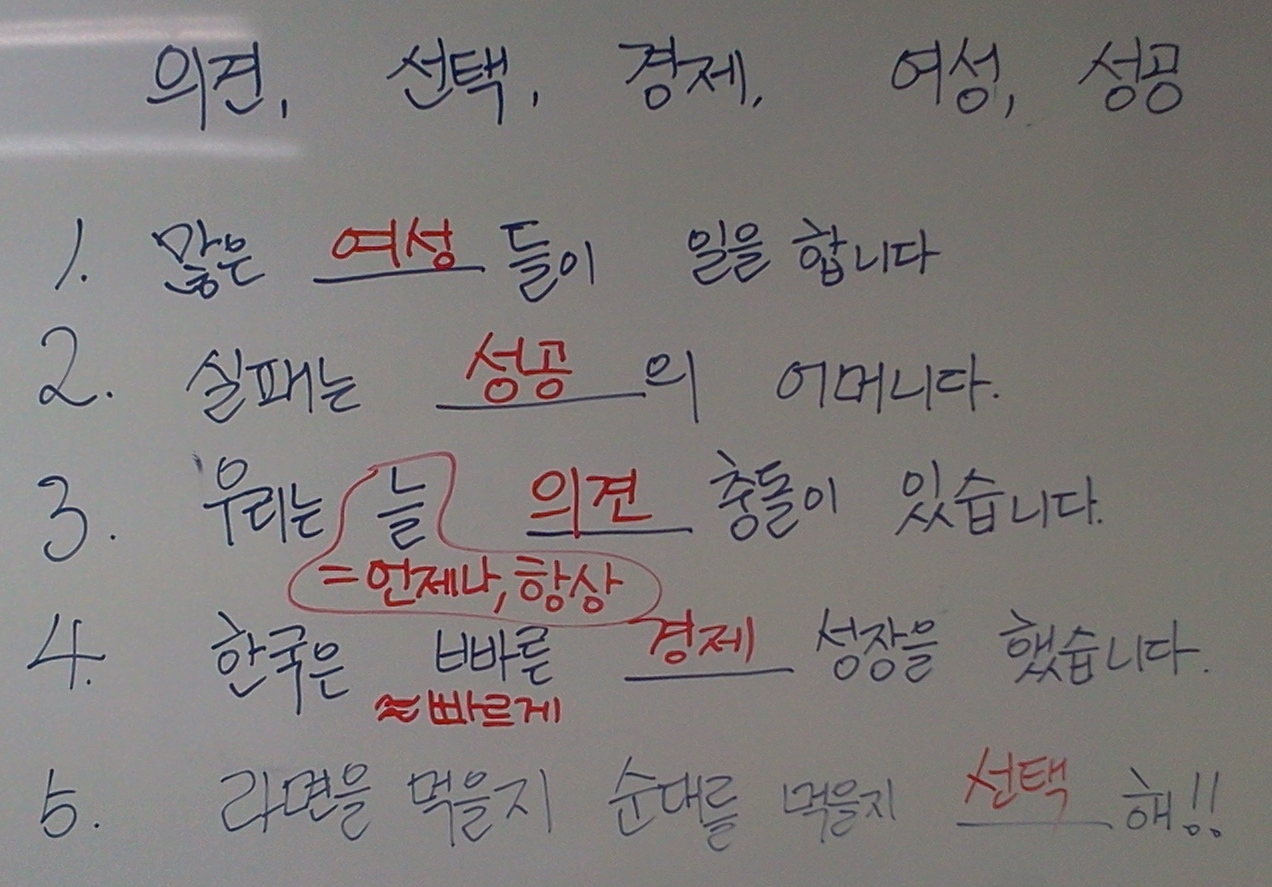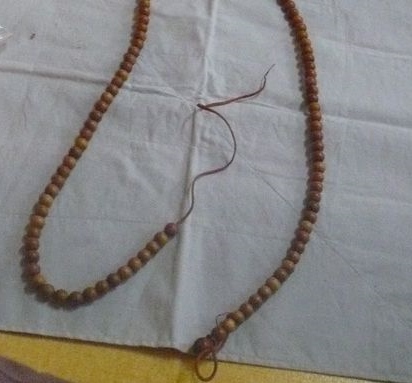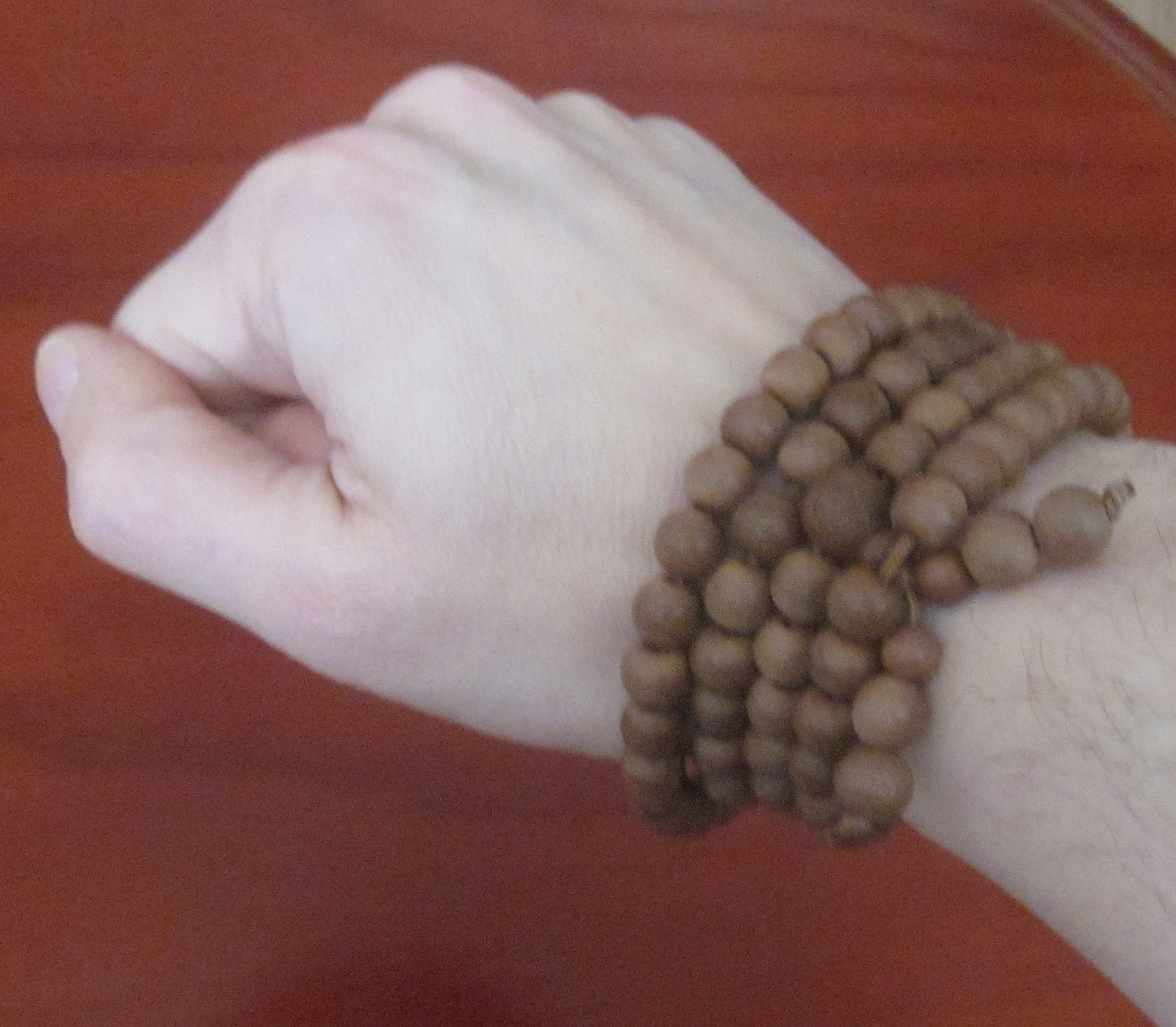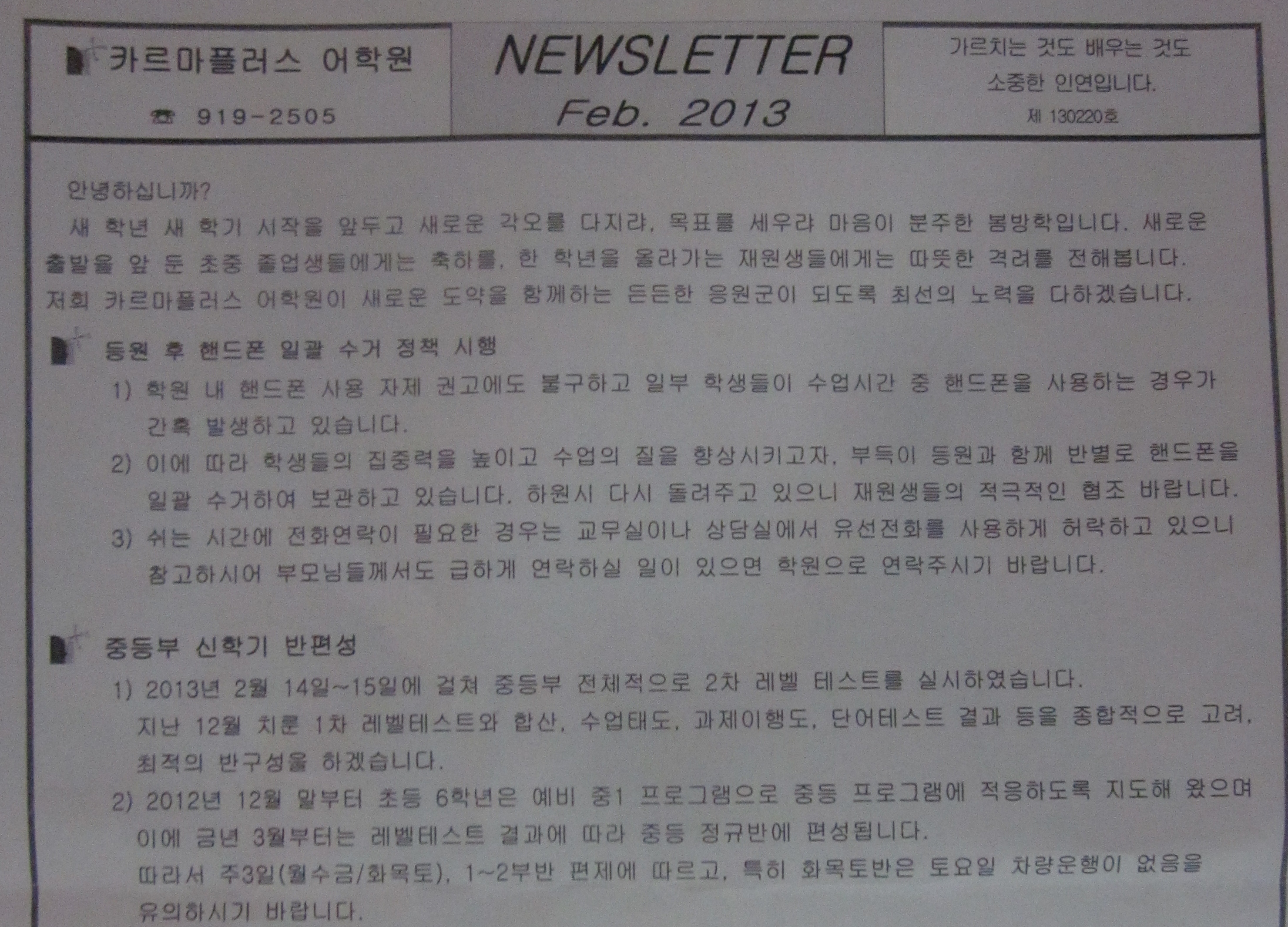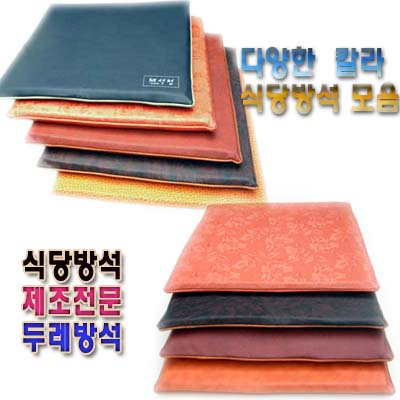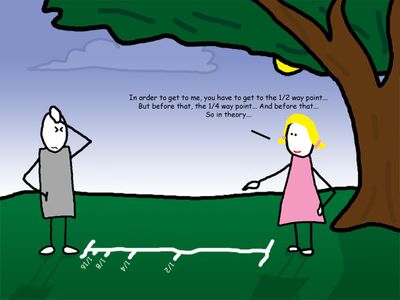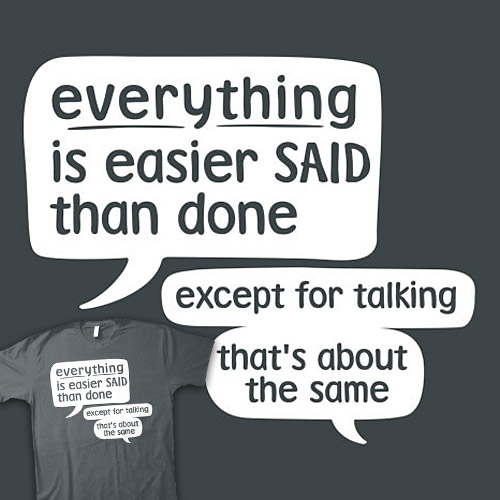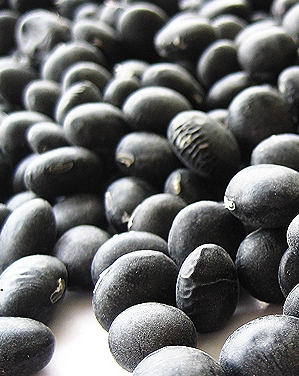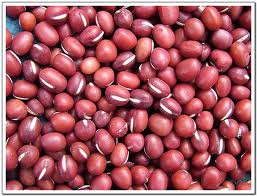부전자전 (父傳子傳)
father-transmission-son-transmission
… transmission from father to son.
“Like father like son.” This is another one of those “actually it’s Chinese-not-Korean” proverbs I’ve been running across. A Chinese proverb nativized into Korean in toto. Just like Latin fossils persist in English, e.g. “in toto.” This one, according to the dictionary, can even be made into a verb: just put the good ol’ -하다 on the whole thing, and it’s a verb meaning to transmit from father to son. I like that.
I’m more like my father than I prefer. I’m a bit of a flake – not very reliable. Further, I tend to not reach out or communicate with people. This is clearly a trait of both my parents, but more my father than my mother in style and mode.


